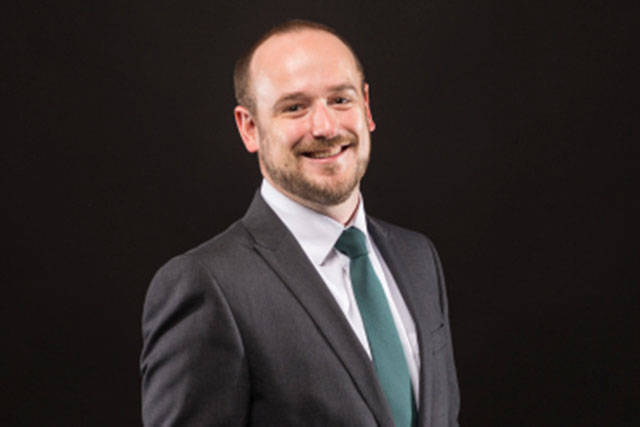While preparing for this concert I was reflecting on the stories behind these works.
On the surface there is not much similarity, but when I dug deeper I found a common theme: Hope.
Strictly speaking, Shostakovich’s “Violin Concerto No. 1” is “absolute music,” meaning there is no program or specific meaning to the music.
Even so, when speaking about the concerto, the composer said he had deliberately included features in common with the theme of Beethoven’s “5th Symphony” and tonalities shared by his own “7th Symphony,” which depicts the tragedies of World War II.
Much of Shostakovich’s music sheds light on the tragedies and atrocities that he observed, for which he was repeatedly reprimanded by the Soviet government. It was during one of these periods of reprimand and examination that the composer was working on the violin concerto. The timing of this can only add more significance to his intentional inclusion of references to fate and tragedy.
When the concerto was finished in 1948, Shostakovich wrote to his friend David Fyodorovich Oistrakh saying, “I don’t think it should be performed just now. Let’s wait for better times.” Indeed, the premiere didn’t happen until 1955, two years after the death of Stalin.
Where Shostakovich’s “Violin Concerto” is abstract, Tchaikovsky’s “Fourth Symphony” is explicit. While writing to his patron Nadezhda von Meck, Tchaikovsky described not so much a story as a progression of emotions expressed by the music. The opening fanfare is the fate motive that returns throughout the symphony, hammering home the painful realities of life. For the composer, this involved many feelings of personal failure and a struggle with homosexuality, which was illegal. Throughout the first movement, the fate motive battles with two other themes, one of despair and hopelessness and one of blissful dreams of what life might be like. The second movement depicts the quiet sorrow we feel when we are alone. In the third movement we observe the capricious and joyful play of the world around us. For the fourth movement the composer writes, “If you can find no reason for happiness in yourself, look at others … Happiness does exist, simple and unspoilt. Be glad in others’ gladness. This makes life possible.”
The strength of these composers is always incredible to me. For Shostakovich, in the midst of political persecution to have hope for a better time is remarkable, and for Tchaikovsky to cling to the joy and hope of others while struggling with his own depression and sexuality gives us courage to face our own struggles. In our time of social and political unrest, when the news and social media bombard us with arguments and accusations from every side, these two monumental works bring us hope and a reminder of the beauty for which we live and strive. Each of us longs to dwell in the midst of the sublime and for this moment in time Shostakovich and Tchaikovsky take us there.
Bobby Collins is a finalist for the Bainbridge Symphony Orchestra’s music director. He will lead the BSO for the concerts of Tchaikovsky “Symphony No. 4” on June 1 and June 3 at Bainbridge Performing Arts.



